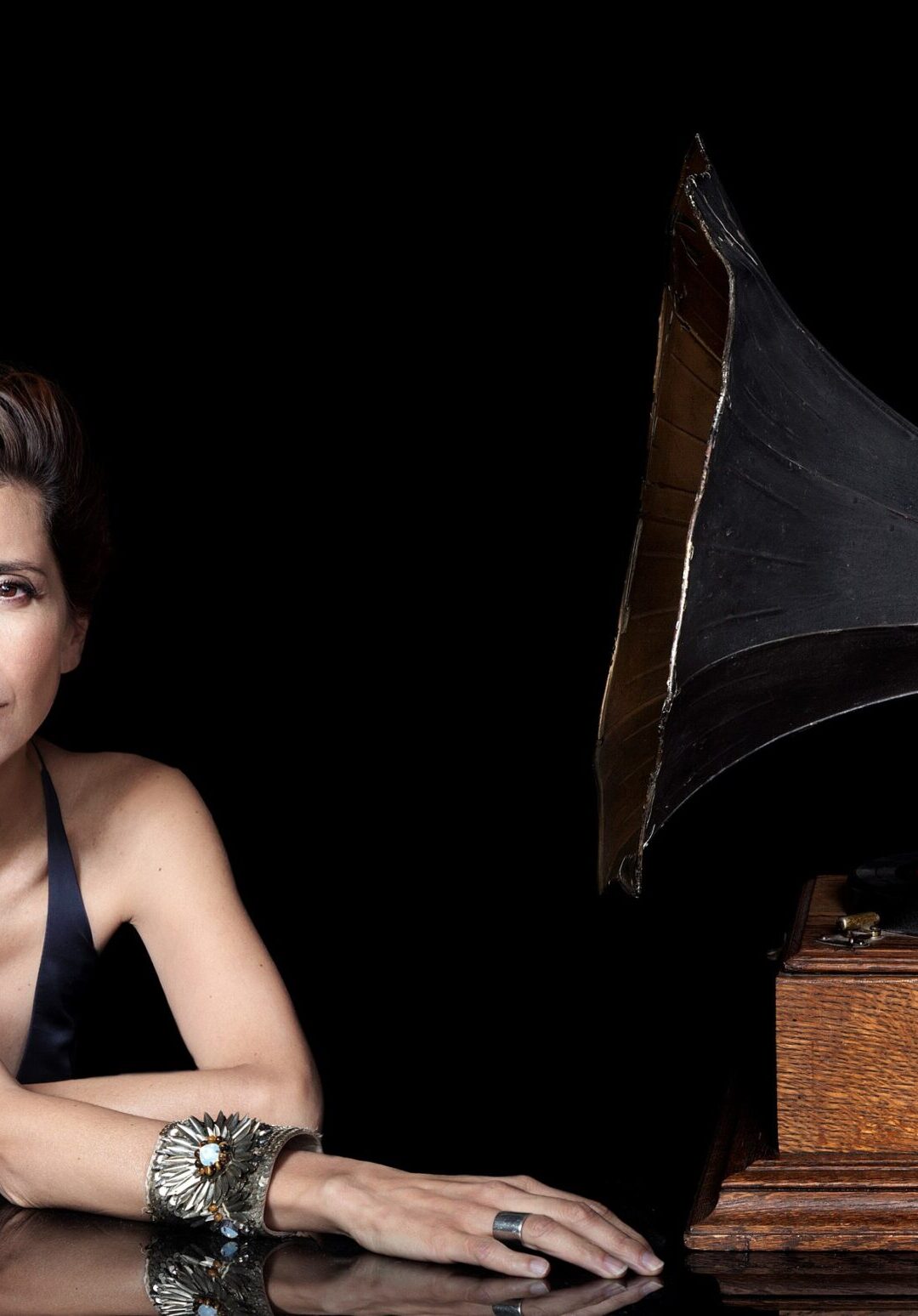Some singers grab your attention. Magos Herrera holds it—her voice radiates both elegance and urgency, telling stories that linger long after the final note fades. Through her collaborations with John Finbury—especially on the chamber piece “That Was Then,” and “Llegará El Día,” from the album Quatro—we see a vibrant interplay of her artistry with the talents of remarkable musicians, creating music rich in both emotion and craftsmanship.
When “That Was Then” unfolds, it feels like a nostalgic whisper from the past. Herrera’s intimate lyrics float over John Finbury’s tender composition, while Kristi Shade’s harp, Hamilton Berry’s cello, and Julien Labro’s bandoneón weave a dreamlike tapestry around her voice. Recorded at New York’s Power Station in May 2022 and produced by Finbury and Emilio D. Miler, the track captures a memory suspended in time, as if you’re reliving a delicate reverie.
Then come the compelling notes of “Llegará El Día,” where Herrera’s voice shifts from nostalgia to resistance and resolve. Backed by a powerhouse trio—Chano Domínguez (piano), John Patitucci (bass), Antonio Sánchez (drums)—and partnered with lyrics by Emilio D. Miler, the song presents a message of resistance and hope. Its animated video brings potent imagery—dahlias evaporating into the sea, spiraling eagles, and a “tree of the sad night”—into visual metaphor.
Those themes of cultural dialogue reach their fullest expression on the album Quatro, released in May 2020. Produced by Emilio D. Miler and featuring Herrera alongside Domínguez, Patitucci, and Sánchez, the album blends vocal and instrumental tracks in a seamless celebration of diversity and empathy. Recorded during two New York sessions in 2019, Quatro is both a tribute to cultural plurality and a quiet critique of exclusion—offering musical pathways toward unity.
Through these collaborations, one truth shines crystal clear: Magos Herrera does more than sing—she inhabits each piece. In “That Was Then,” she evokes the intimacy of memory; in “Llegará El Día,” she embodies resilience; in Quatro, she orchestrates cultural harmony. With Finbury’s music, her voice becomes part of an ongoing conversation—one that invites every listener not just to hear, but to feel and belong.

